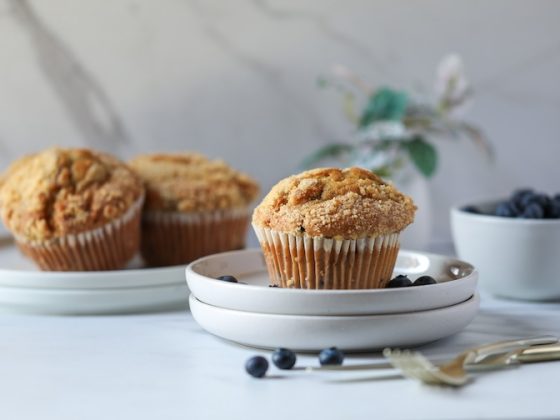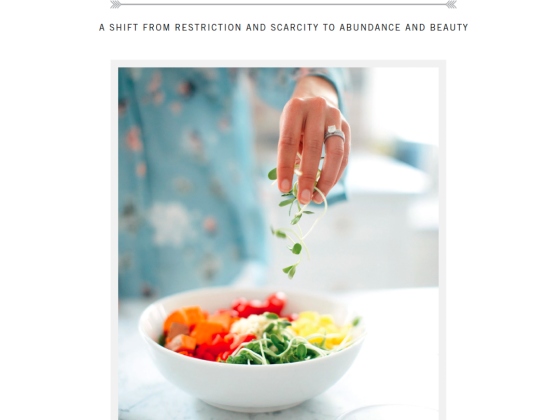Summer is here, but it’s not all about fun in the sun. If you’re someone with allergies caused by outdoor allergens, the summer heat can make it worse than usual, unfortunately. This is attributed to how grasses like to pollinate in the heat. Moreover, due to the summer breezes and mowing of laws, the pollen gets into the air, triggering people with allergies.
The good news is that you can alleviate your allergy symptoms by incorporating some foods in your diet. Yes, you heard that right –– you can reduce some of the sniffles and sneezes by eating a few plant-based foods. We spoke to Dr. Kristamarie Collman, MD, a family medicine physician and founder of Prōse Medical, who takes a holistic approach in treating patients for optimal health. Here’s what she has to say about the relationship between a healthy diet and allergies, in addition to the best foods to alleviate allergy symptoms.
Healthified Magazine (HM): Thank you for speaking with us today. How can a healthy diet alleviate allergy symptoms?
Dr. Kristamarie Collman: For some individuals, lifestyle changes such as adding certain foods may be helpful in reducing symptoms often associated with seasonal allergies. A variety of foods may help due to their anti-inflammatory properties. They may act as antihistamines, blocking histamine activity in the body. This can help individuals with allergies find some relief.
HM: What are histamines? How do they impact allergy symptoms?
Dr. Collman: Histamines are chemicals released by cells inside the body which prompt symptoms such as a runny nose, sneezing, and watery eyes whenever we come into contact with allergy triggers like pollen or dander.
HM: Do you have any recommendations on what foods one should eat to alleviate allergy symptoms?
Dr. Collman: Yes, here are a few:
Garlic may be helpful when it comes to seasonal allergies. It has powerful anti-inflammatory compounds to decrease inflammation, which may cause stuffy and clogged airway passages. It also contains quercetin, a natural antioxidant. More research is needed in the space if quercetin lowers histamine levels.
Citrus Fruits such as grapefruits, oranges, and lemons are not only great for hydration but are full of vitamin C. Vitamin C is a potent antioxidant, which helps to protect your cells from stress and damage and in turn may help to reduce the severity of allergic symptoms. Some research also suggests vitamin C may help decrease the amount of antihistamines produced by the body, thus reducing allergy symptoms.
Turmeric is a spice often known for its medicinal effects, including reducing inflammation due to its main component, curcumin. This may help reduce allergic rhinitis symptoms associated with inflammation, such as nasal swelling and irritation. A study published in the Annals of Allergy and Asthma showed improved nasal symptoms and air flow in participants with seasonal allergies who took curcumin.
Beetroot is not only a great source of minerals and vitamins, but also rich in phytonutrients called betalains. Betalains help contribute to the rich red color and have been shown to provide antioxidant and anti-inflammatory properties. Individuals with allergies frequently experience symptoms such as sinus pressure and stuffy nose, with inflammation contributing to both. Overtime, incorporating foods such as beetroot may help to lower inflammatory symptoms.










